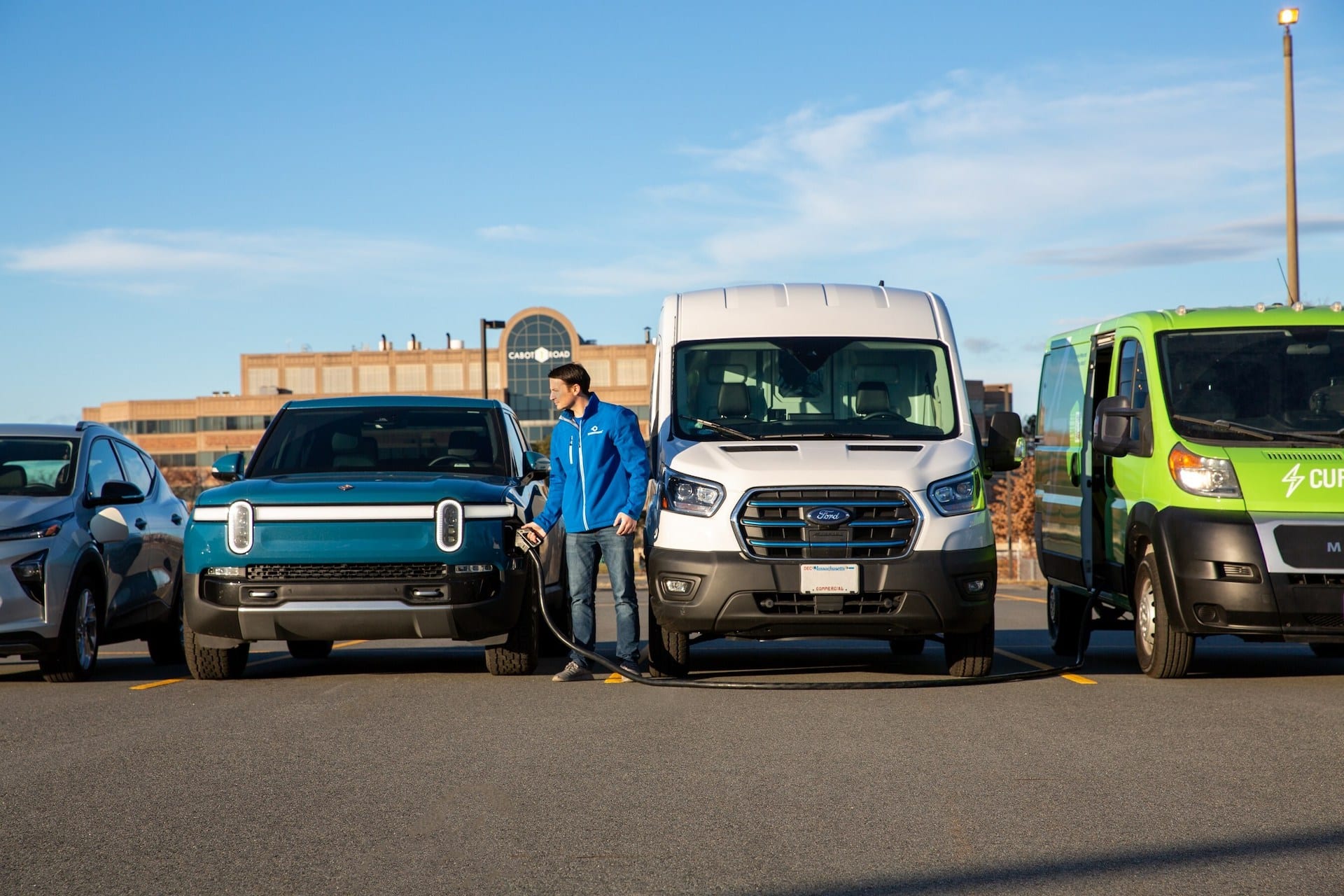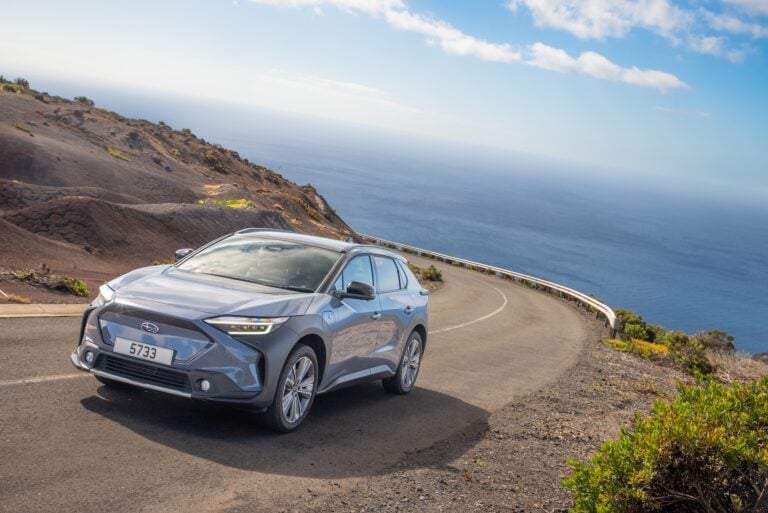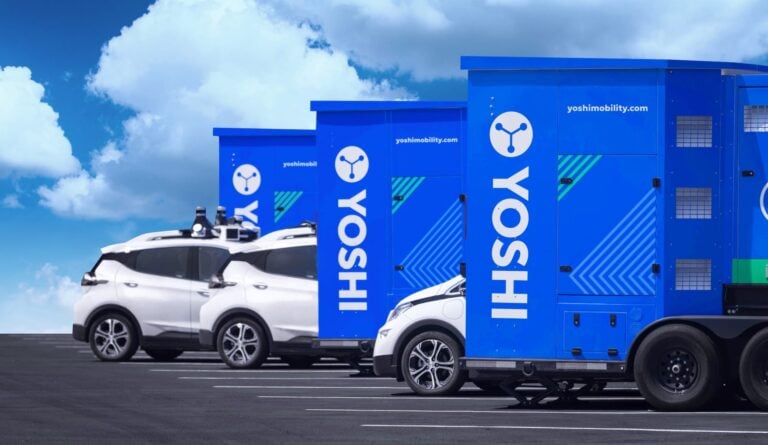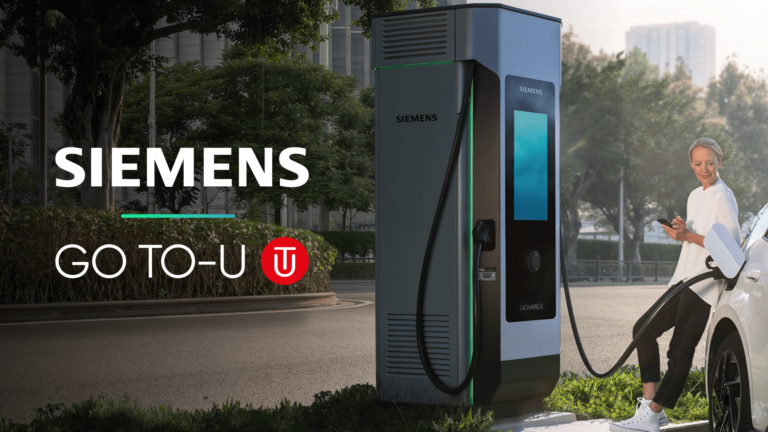What’s Happening: SparkCharge, the pioneer of mobile electric vehicle (EV) charging systems, has announced the nationwide availability of its Charging as a Service (CaaS) option, SparkCharge Fleet. The service aims to provide immediate charging access to businesses using electric vehicles in their operations.
Why It Matters: With transportation contributing 27% of total U.S. greenhouse gas emissions in 2020, businesses are increasingly transitioning to electric vehicle fleets for sustainable operations. Companies such as USPS, Domino’s Pizza, and DHL have already adopted electric fleets. SparkCharge Fleet helps these businesses continue their progress towards sustainable mobility without the need for expensive charging infrastructure.
Key Points:
- SparkCharge Fleet simplifies EV fleet charging management, eliminating the guesswork surrounding charging infrastructure.
- The service combines CapEx, OpEx, and energy costs into a fixed rate, allowing fleet operators to better manage and forecast expenses.
- Using SparkCharge’s Charge Management System, fleet operators can schedule charges, view charge statuses, and access data insights.
- SparkCharge delivery technicians arrive in all-electric vehicles to charge the fleet, offering a turnkey EV charging solution with no installation costs, grid updates, or construction required.
- The company’s fleet charging service is an end-to-end solution that has helped some businesses completely replace fixed infrastructure.
- SparkCharge is set to expand its hybrid charging station system for fleets, with an update due later this year.
- The company claims its charging service is more reliable than traditional stationary chargers, boasting a 99.9% uptime compared to 50-60% for stationary chargers.
Bottom Line: SparkCharge Fleet is now available nationwide, providing a seamless, cost-effective charging solution for businesses using electric vehicles. The service simplifies fleet charging management and reduces the need for expensive infrastructure, allowing companies to focus on their core operations while promoting sustainable mobility.








